2-Day Advanced Acceptance & Commitment Therapy – MICHAEL C. MAY (Digital Seminar)
Description:
This program is the essential guide to actually using ACT with your clients.
Acceptance & Commitment Therapy (ACT) has long been established as effective in treating clients with a variety of clinical diagnoses.
But learning about the six core processes of ACT and applying those concepts in session are two very different things.
Buy this two-day experiential ACT training course recording, and instead of relearning the basic ACT processes, you’ll leave able to skillfully use ACT to treat your clients.
ACT expert and clinician, Michael C. May, MA, LCPC, will teach you how to overcome common issues clinicians have when using ACT, and he’ll address the most frequently asked questions he receives from other clinicians about implementing ACT in session.
You’ll hone your skills and finish this program able to:
- Use ACT to treat your clients, regardless of diagnosis
- Seamlessly integrate ACT with other modalities
- Troubleshoot & resolve in-session issues
- Create your own ACT metaphors & exercises to individualize treatment
- Boost client engagement & reduce resistance
FREE Materials For Your Clinical Toolbox!
- Psychological flexibility assessment
- Go-to defusion exercises handout
- Case conceptualization form
- ”Undermine the Control Agenda” worksheet
Outline:
THE ACT MODEL: A BRIEF REVIEW
- Functional Contextualism
- Hexaflex & Inflexahex
- Relational Frame Theory (RFT)
- Empirical support for ACT
- Limitations of the research & potential risks
FAQ 1: “How would I use ACT for…?”
- Convert the DSM® into psychological inflexibility
- Differentiate topography & function of behavior
- Attend to the ABCs of behavior
- Spot the toxic twins: Fusion & avoidance
- Which ACT process are you targeting in session?
- Exercises & Demonstrations
- Exercise: Functional analysis as mindfulness
- Video demo: PTSD
- Skills Training: Spot experiential avoidance
FAQ 2: “Does ACT have any metaphors or exercises for…?”
- How metaphor functions in ACT
- Experiential learning vs. psychoeducation
- Key components of ACT metaphors
- Create your own metaphors
- Exercises & Demonstrations
- Exercise: Confront the control agenda
- Exercise: Use of embodied metaphors
- Exercise: Flexible perspective-taking
- Video Demonstration: MDD
- Skills Training: Create an ACT Tool-Box
FAQ 3: “Can I use ACT with CBT?”
- Cognitive restructuring vs. defusion
- How to bring restructuring & defusion together
- Create experiential learning for your client
- Recognize rule-governed behavior
- Foster behaviors that are in line with values
- Pick go-to defusion exercises & metaphors
- Exercises & Demonstrations
- Exercise: What your words evoke for clients
- Exercise: Having vs. wrestling with thoughts
- Video Demonstration: OCD
- Skills Training: Spotting cognitive fusion
FAQ 4: “Can I integrate ACT with other modalities?”
- Exposure Therapy
- Should you use the SUDs scale?
- Alternatives to SUDS scale
- Integrate ACT & exposure for trauma
- Merge distress tolerance with exposure
- Behavioral Activation
- Make behavioral activation experiential
- Utilize values to inform activity scheduling
- Use defusion to undermine motivation issues
- Apply acceptance to erode emotional reasoning
- Other Approaches
- Skills training for social anxiety
- Habit reversal training for compulsive behaviors
- Contingency management for substance abuse
- Exercises & Demonstrations
- Video Demonstration: Panic Disorder
- Skills Training: Integrate ACT into your practice
FAQ 5: “The client’s progress has stopped. What should I do?”
- Spot avoidance in your own responses
- Undermine the “only one right way” agenda
- Address the clinical “crisis of the week”
- Exercises
- Exercise: Spot aversive control in your behavior
- Exercise: “Nothing is working”
FAQ 6: “How can ACT increase client engagement & reduce resistance?”
- Model ACT processes for the client
- Utilize ACT to boost engagement
- Acceptance of the client’s truth as it is
- Create a relationship that is non-hierarchical
- Acceptance & defusion to address resistance
- When you shouldn’t try to persuade your client
NLP online course
So what is NLP?
Firstly, NLP stands for Neuro-Linguistic Programming. Secondly neuro refers to your neurology;
Thirdly linguistic refers to language however, programming refers to how that neural language functions.
As a result,In other words, learning NLP is like learning the language of your own mind!
Moreover, NLP is the study of excellent communication–both with yourself, and with others.
It was developed by modeling excellent communicators and therapists who got results with their clients.
NLP is a set of tools and techniques, but it is so much more than that.
In conclusion, It is an attitude and a methodology of knowing how to achieve your goals and get results.
Preview Information:
Original Page
Archive Page
More Course: NLP – HYPNOSIS – PHILOSOPHY
Outstanding Course:Ethical Principles in the Practice of Maryland


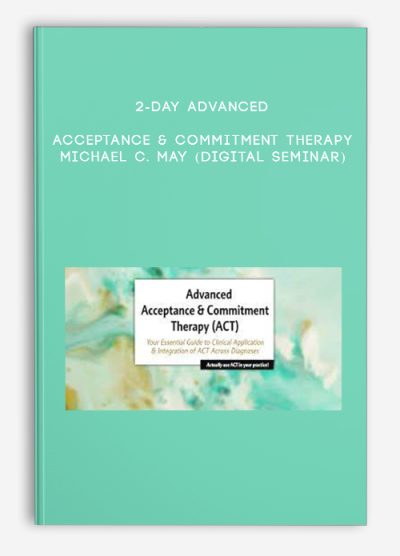

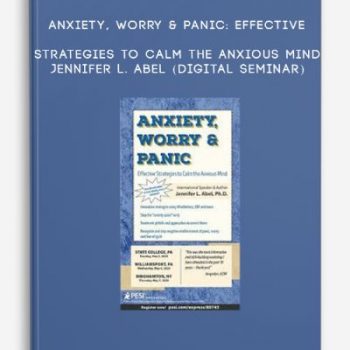
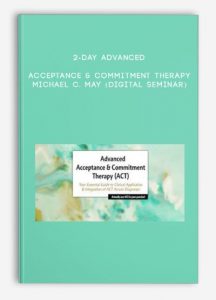
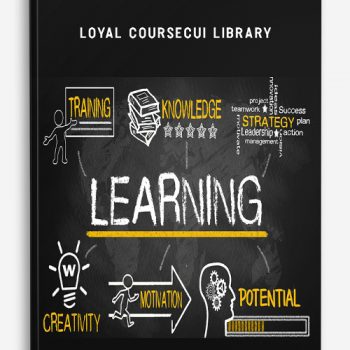

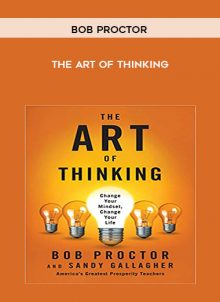
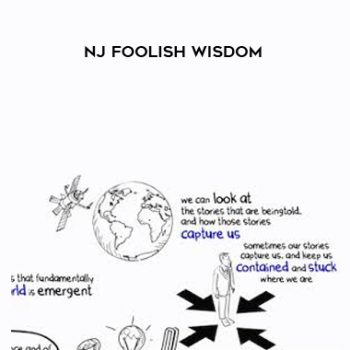

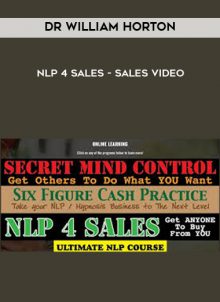

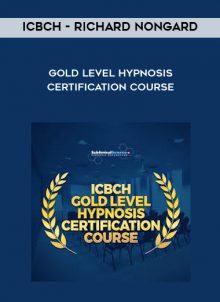
Lord –
This is Digital Download service, the course is available at Vincourse.com and Email download delivery.